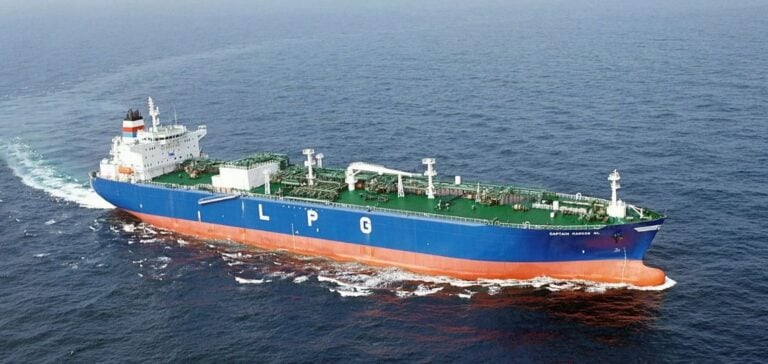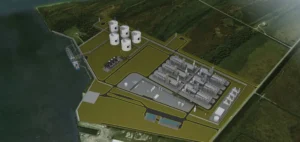The latest data from S&P Global Commodities at Sea reveal that US LPG (liquefied petroleum gas) exports fell to 762.800 mt on April 19, compared with 1.1 million mt in March. Cargoes were mainly destined for the Netherlands (298,000 mt), Morocco (163,000 mt), Belgium (66,300 mt), Turkey (93,100 mt) and Egypt (97,700 mt).
Composition and price of exported LPG
Of this total, propane accounts for 568,800 mt and butane for 194,000 mt. Prices assessed by Platts, part of S&P Global Commodity Insights, on April 18 were $442.64/mt for US Gulf Coast FOB propane, down $4.59, and $506.75/mt for CIF NWE propane, down $9. FOB US Gulf Coast butane was at $417.33/mt, also down $4.59, while CIF NWE butane cost $492/mt, after a $12.75 fall.
Economic impact and arbitrage
The arbitrage economy in Europe remains tight for propane, which is not conducive to attracting additional volumes despite weak demand. In Asia, conditions are more favorable, increasing flows from the United States. VLGC freight rates from Houston to Northwest Europe were $65/mt on April 18, down $3 per week, while those to Morocco fell from $2.50 to $61.75/mt.
Arbitrage conditions for butane between Mont Belvieu, Texas, and Northeast Asia have improved, driven by lower prices at Mont Belvieu and reduced freight costs from Houston to Chiba, near Tokyo. Butane prices in Asia remain high, underpinning robust arbitrage conditions. One butane trader expects more incoming cargoes as “there seems to be enough volume in the market.”






















